Living in War: Ukrainian Woman Shares her Experience Returning Home to Kyiv
A photo of the truck that Bezuhla used her savings to buy and donated to the army to transfer supplies and the wounded.
February 19, 2023
Around nine months have passed since the war officially started, and much has changed for Ukraine and its people. Ukrainian citizen Hanna Bezuhla’s story began with The Buchtelite article “Living in War: Ukrainian Women Shares her Experience Behind the Front Lines.” However, the war is still ongoing and the story of the people in Ukraine continues to evolve.
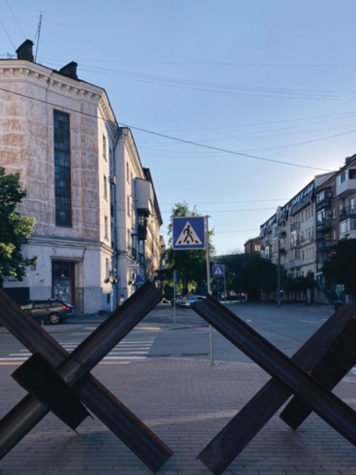
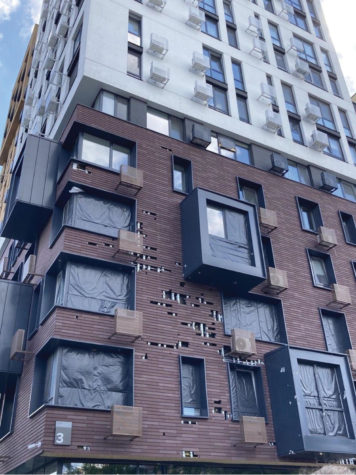
“We lost so many cities and towns, the whole regions,” Bezuhla said. “Then after a successful offensive we’ve seen even more devastation, more mass graves, more brutal attacks on civilians, more deaths of our most precious and devoted people.”
Bezuhla describes how life in Kyiv, her beloved homeland’s capital city, has shifted since the start of the war. In March, Bezuhla left Kyiv as fear of occupation by the Russians became a greater concern.
“Back then, there was a threat of the city being surrounded, they were too close, and even though I could stand the fear of a missile strike, I couldn’t stand the fear of living under occupation,” Bezuhla said. “When I was leaving, it felt like my favorite city on earth was contaminated, poisonous.”
On May 10, the decision was made that it was safe enough to return to Kyiv. It was an emotional journey for Bezuhla. She describes seeing the blooming chestnut trees, which are a significant symbol of Kyiv. After months of chaos and numbness, she felt some control over her life and cried the whole way home from the train.
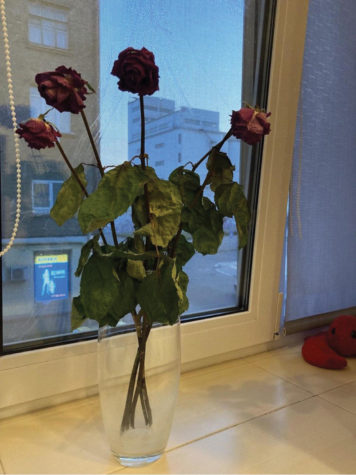
“I was home. I could make coffee in my small sunlit kitchen, sleep on the new mattress we used to cover the window with when the war started,” Bezuhla said. “I could work again. I spent the first week cleaning like a maniac, giving away about half of my possessions to people who lost their homes and had to move to a safer place.”
Kyiv is a much different city than before she left. The city now has curfews, shelled buildings, metal construction and air raid alarms. The last is something Bezuhla has yet to adjust to and refuses to let it become a “new normal.” The biggest fear now is nuclear threat.
“The other day I was scrolling my Instagram feed, and there was a post of my friend getting married, and the next post was all about instructions on how to behave after the nuclear strike,” Bezuhla said. “It’s just bizarre. I don’t think we were built to experience anything like this.”
There were also major changes in Bezuhla’s family. Nine months ago, her mother moved away when Odesa became unsafe for her to stay. Her father continues to fight on the front lines but does have contact with her which enables her to volunteer for the cause. Her father collects “war souvenirs” that she auctions
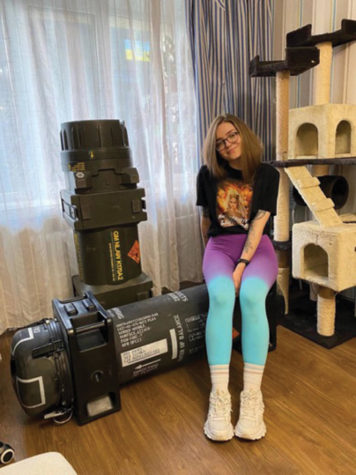
(Hanna Bezuhla)
to raise funds for materials on the front lines.
The materials needed include thermal goggles, walkie-talkies, vehicles, vehicle parts and drones, which are very difficult to find right now in Europe and impossible to find in the Ukraine.
“One evening, my father called and I heard his voice tremble as he was telling me that there injured soldiers on the frontline and he has no means of getting them out of there without a proper car,” Bezuhla said. “I couldn’t sleep that night and I made it my priority to buy that pickup and have it somehow delivered to me whatever it takes.”
The goal was achieved: a Mitsubishi truck was purchased and delivered to her father’s battalion for transporting food, supplies and wounded soldiers. Bezuhla had drained her savings and the down payment for her dream apartment had disappeared, but she has no regrets.
Bezuhla is hopeful. She started a new job as a Knowledge and Development Specialist with an IT company. Currently, she enjoys time with her boyfriend back in Kyiv with her two cats. One cat belongs to her mother and is staying with her until her mother returns.
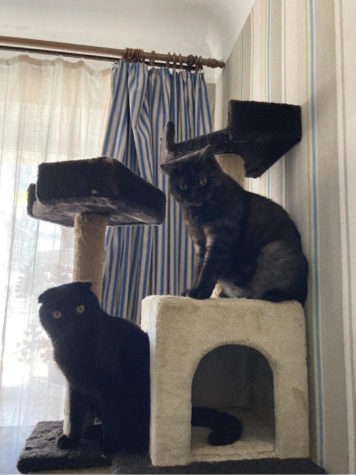
“It’s still the challenge of getting people all around the world to believe us, to believe in us, to not give up on Ukraine,” Bezuhla said.
Bezuhla’s mission is to help the army and the Ukrainians who had to flee occupied regions and start over. Contributions to these causes can be made to her PayPal account at hannabezuhla@gmail.com.
“I wish you to never experience what we’re experiencing right now. The constant threat of losing your home, your identity, your language, your heritage, your loved ones,” Bezuhla said. “I wish you to never know how it feels to hastily peel the photos off the wall to the sound of distant explosions getting nearer because you can’t stand the fact that Russian soldiers might break in your home next and see your smiling faces looking at them from the photos.”
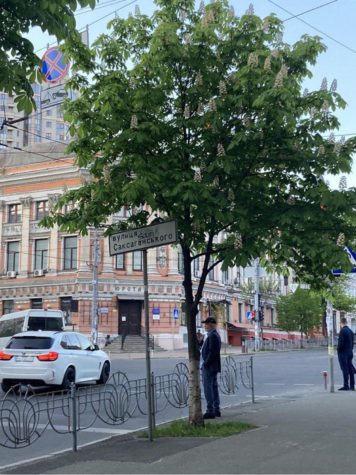
“I wish you do know though, how much I, and millions like me, love our country,” Bezuhla said. “How we sacrifice our youth, our health, our lives to the simple joy of pinning the photos back on the wall.”



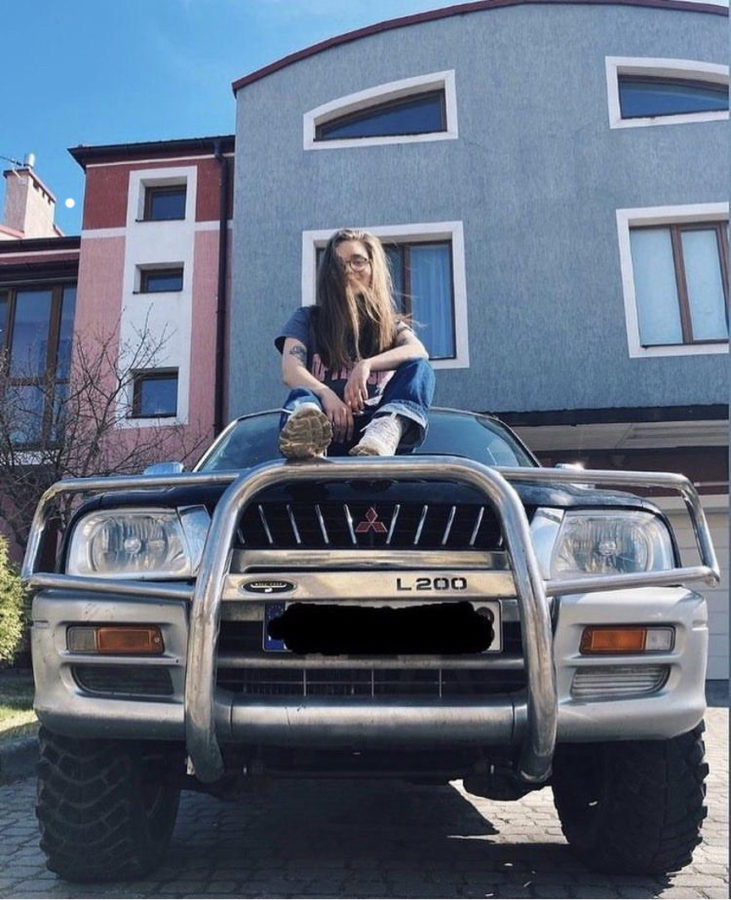
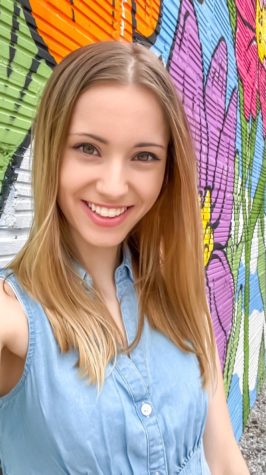


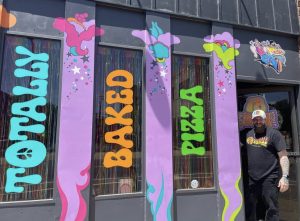



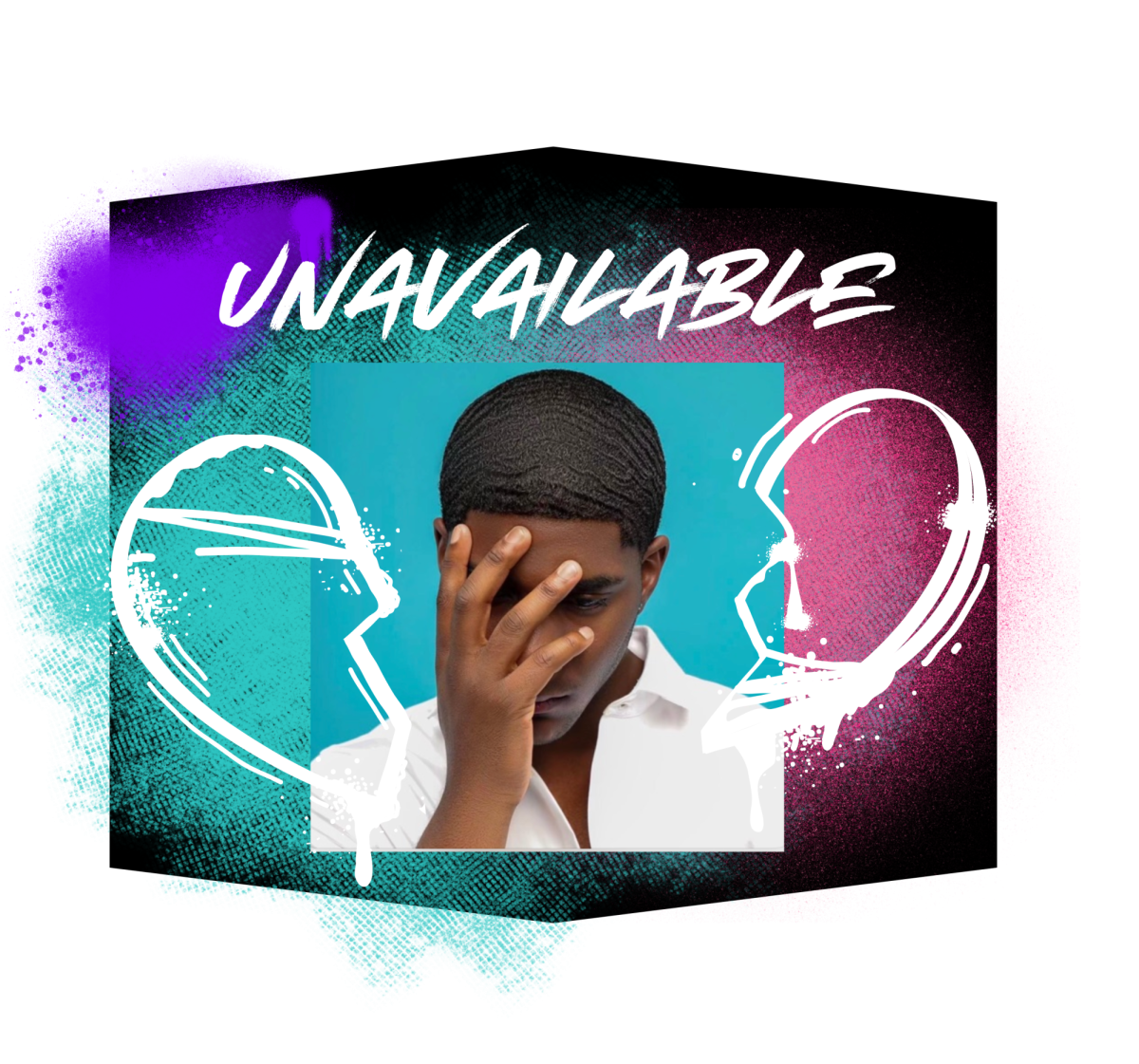

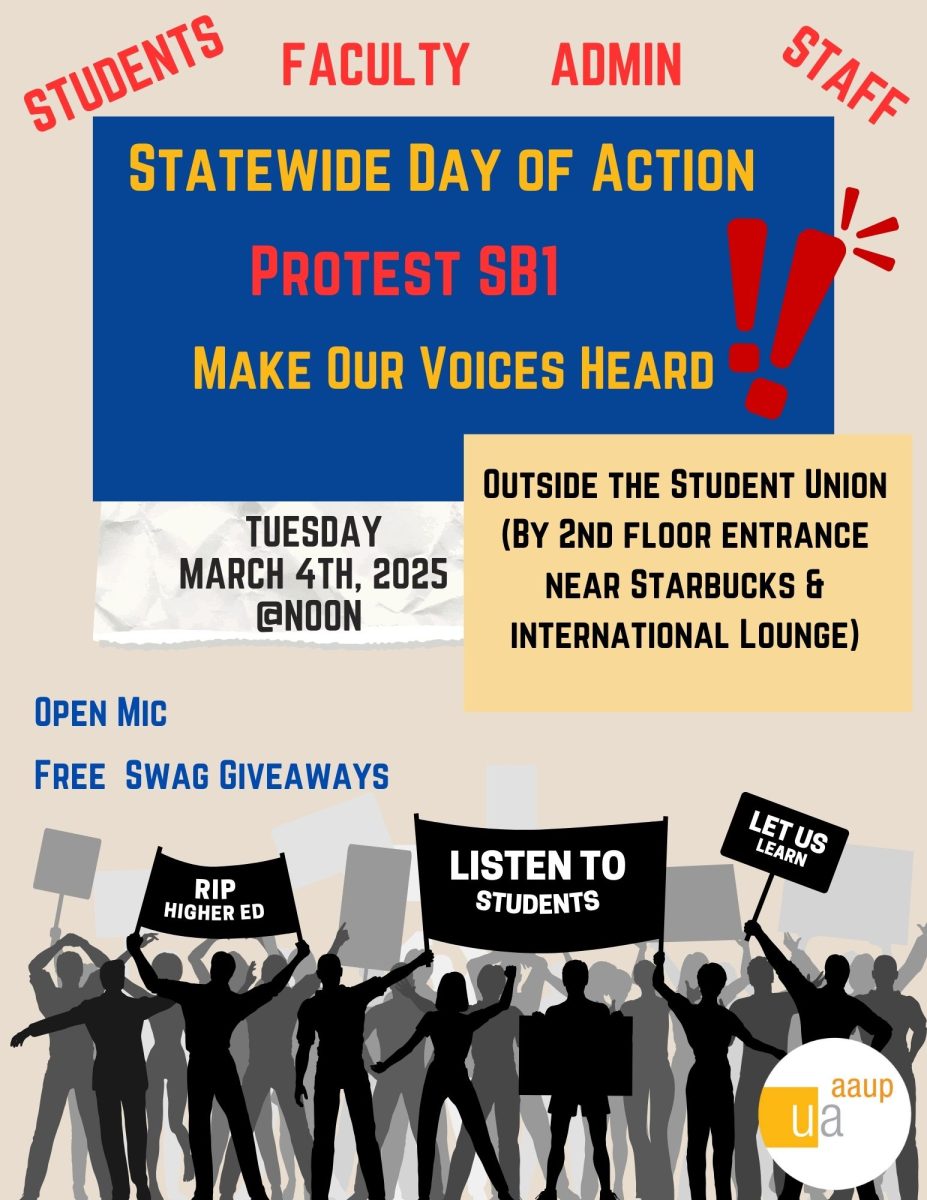
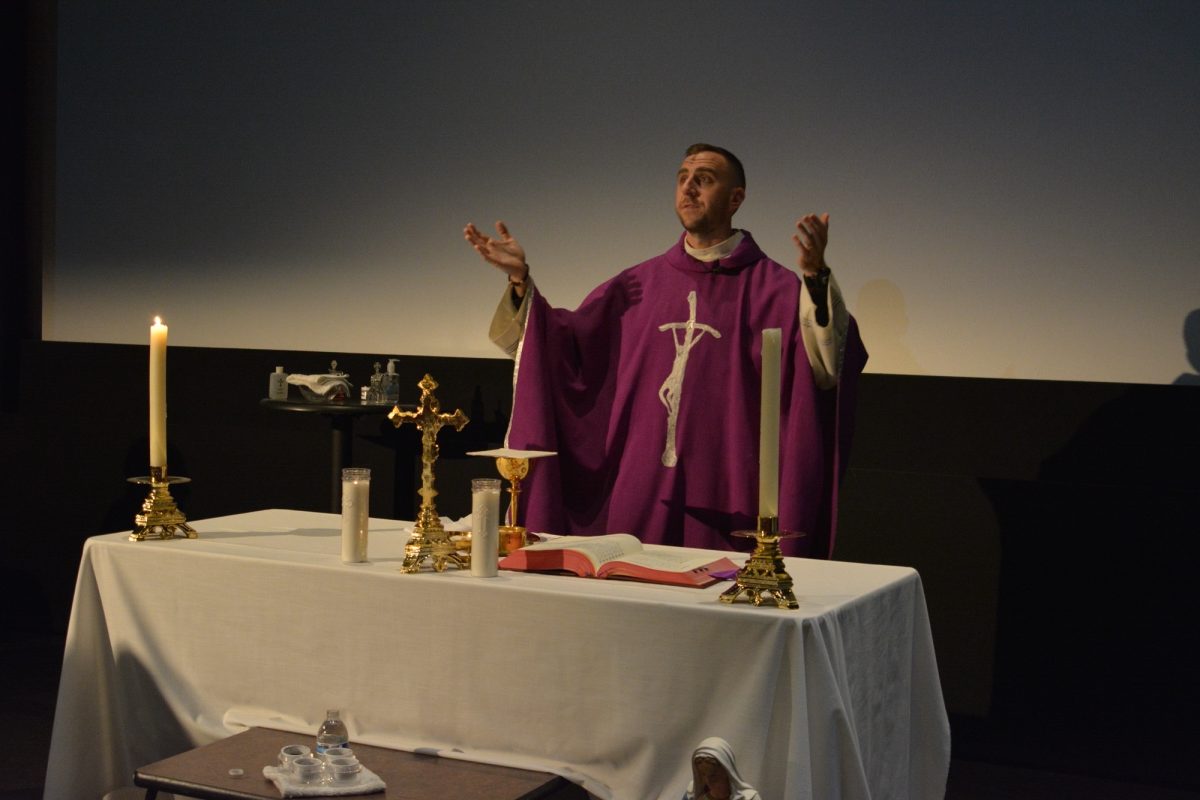
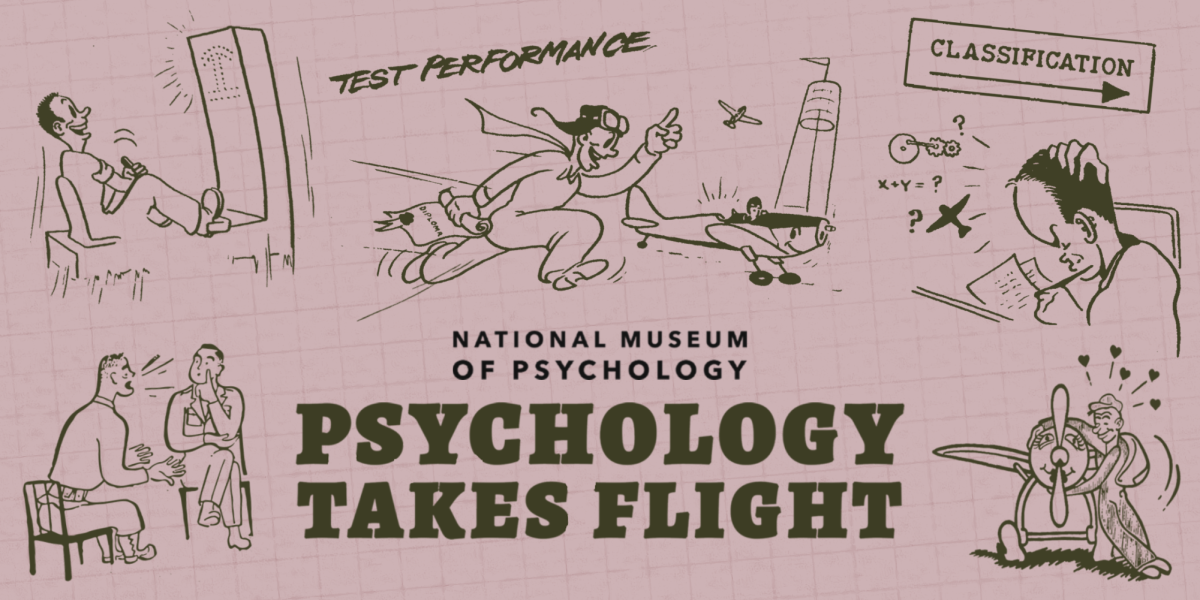

Jon Becker • Feb 22, 2024 at 11:04 AM
Nice article! A 2024 update would be interesting to read on this second anniversary of the start of Putin’s war against Ukraine.